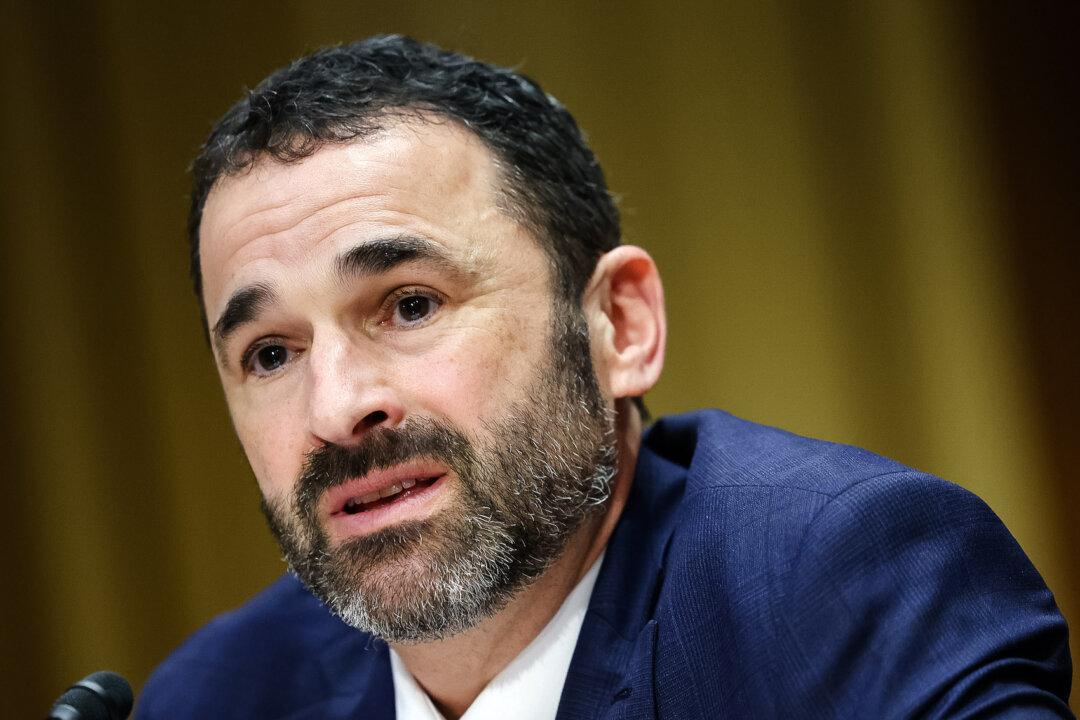IRS Commissioner Danny Werfel warned lawmakers that reducing the tax-collecting agency’s budget will add to the growing federal deficit and undo many of its service improvements.
At a House Ways and Means Committee hearing on Feb. 15, Mr. Werfel defended the IRS’s budget increase, cautioning that clawing back these funds would undermine efforts to generate revenue for the U.S. government and bolster customer service support for taxpayers.





